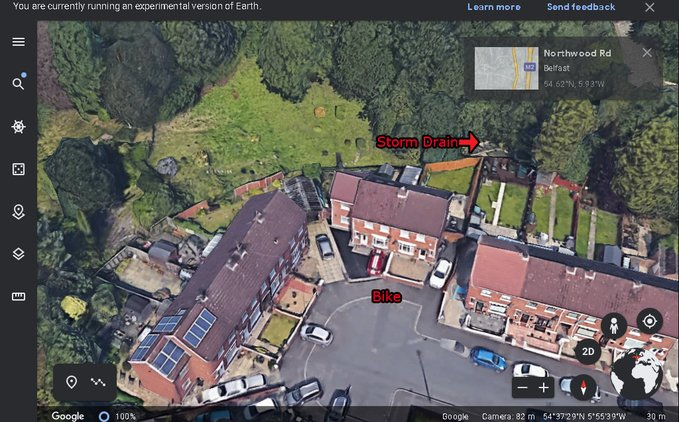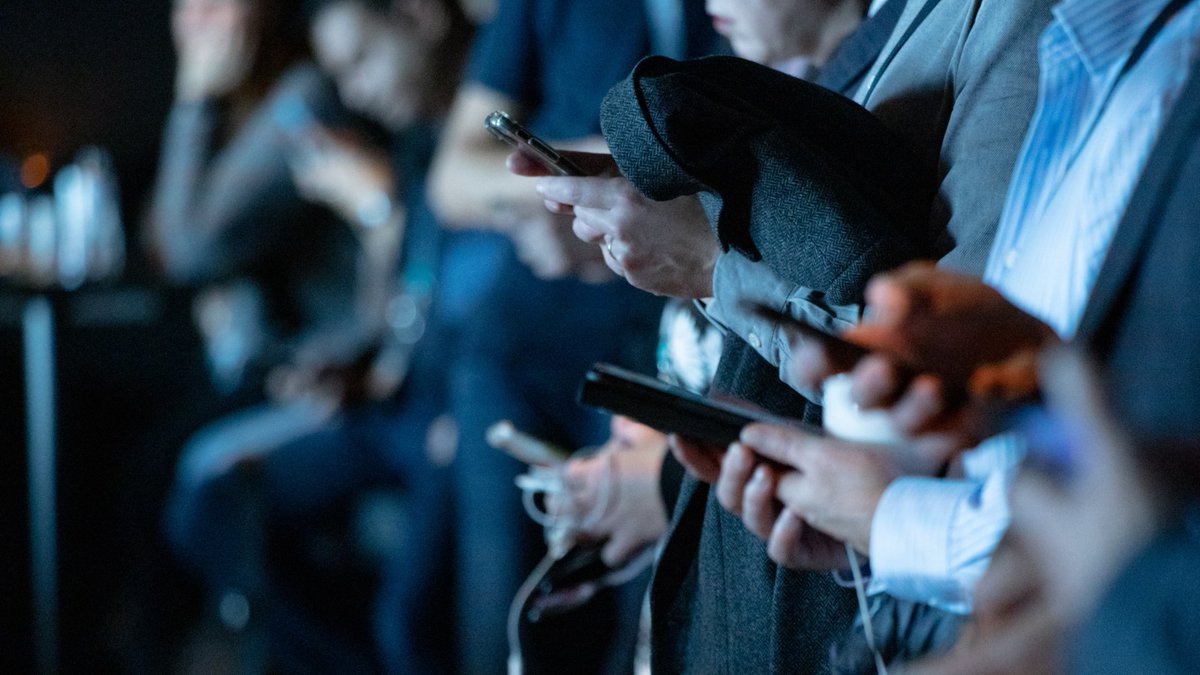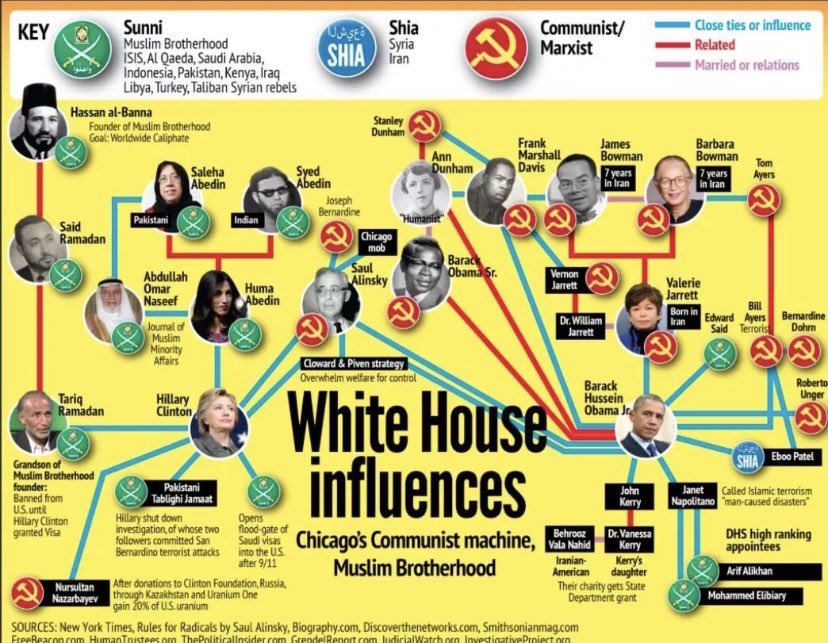Just like photography has become much easier to create in the last 100 years, liquid NFTs will surely bring down price points of tokenized digital content but will also open expansive new markets.
1/The next major problem set in #DeFi is #NFTLiquidity.
It has become very clear that, like fungibles, nonfungibles are their own financial asset class.
One path to see this is to envision the future of NFTs as “liquid
Just like photography has become much easier to create in the last 100 years, liquid NFTs will surely bring down price points of tokenized digital content but will also open expansive new markets.
👉🏻 In particular, because of tokenization, *the NFT liquidity problem reduces to the NFT price discovery problem.*
This is a core mechanism that today is underutilized in the market, and one that — we will soon see — applies to all illiquid assets.
And the fundamental problem with each of these mechanisms is capital efficiency: in each mechanism, participants need to spend *at least* $N to value something at $N.
But one super cool approach uses peer prediction oracles created by @nick_emmons and @UpshotHQ. https://t.co/HleEMPpgcq
It\u2019s no secret that pricing NFTs is really difficult, so we built an NFT appraisal product powered by peer prediction.https://t.co/uWFZq4aeGs
— Upshot (@UpshotHQ) December 23, 2020
Prices can then be reported on-chain through @UpshotHQ’s mechanism.
More from Internet
You May Also Like
THREAD PART 1.
On Sunday 21st June, 14 year old Noah Donohoe left his home to meet his friends at Cave Hill Belfast to study for school. #RememberMyNoah💙

He was on his black Apollo mountain bike, fully dressed, wearing a helmet and carrying a backpack containing his laptop and 2 books with his name on them. He also had his mobile phone with him.
On the 27th of June. Noah's naked body was sadly discovered 950m inside a storm drain, between access points. This storm drain was accessible through an area completely unfamiliar to him, behind houses at Northwood Road. https://t.co/bpz3Rmc0wq

"Noah's body was found by specially trained police officers between two drain access points within a section of the tunnel running under the Translink access road," said Mr McCrisken."
Noah's bike was also found near a house, behind a car, in the same area. It had been there for more than 24 hours before a member of public who lived in the street said she read reports of a missing child and checked the bike and phoned the police.
On Sunday 21st June, 14 year old Noah Donohoe left his home to meet his friends at Cave Hill Belfast to study for school. #RememberMyNoah💙

He was on his black Apollo mountain bike, fully dressed, wearing a helmet and carrying a backpack containing his laptop and 2 books with his name on them. He also had his mobile phone with him.
On the 27th of June. Noah's naked body was sadly discovered 950m inside a storm drain, between access points. This storm drain was accessible through an area completely unfamiliar to him, behind houses at Northwood Road. https://t.co/bpz3Rmc0wq

"Noah's body was found by specially trained police officers between two drain access points within a section of the tunnel running under the Translink access road," said Mr McCrisken."
Noah's bike was also found near a house, behind a car, in the same area. It had been there for more than 24 hours before a member of public who lived in the street said she read reports of a missing child and checked the bike and phoned the police.





























